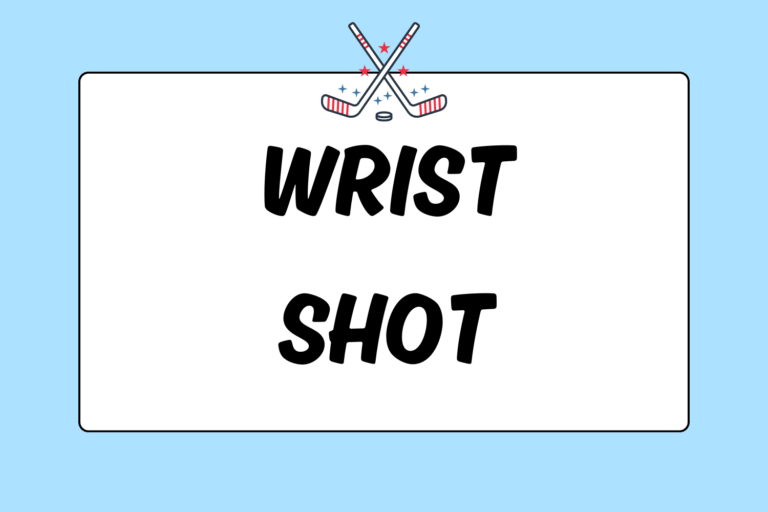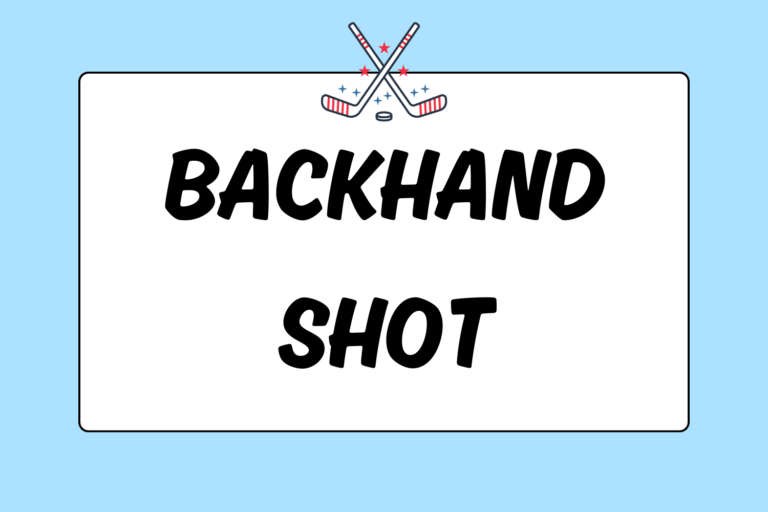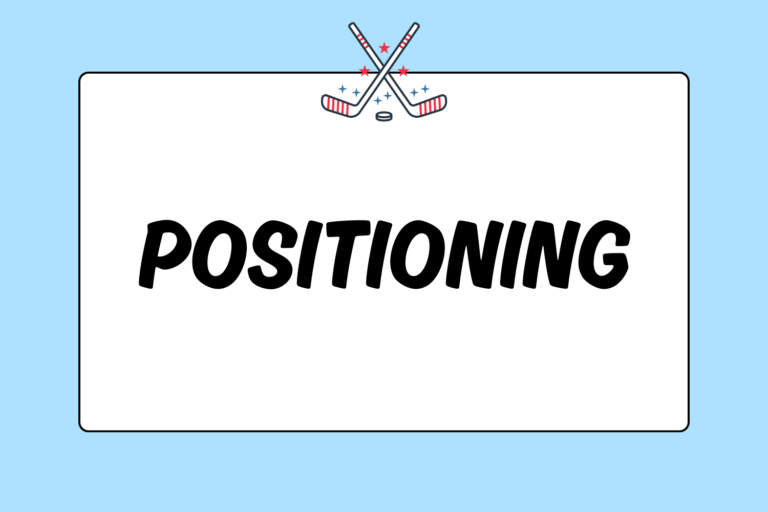Every team sport, including ice hockey, has predetermined punishments for rule violations. In hockey, violations are called “penalties.” Most ice hockey penalties result in the guilty player having to sit off the ice for a specific amount of time. During this time, that player’s team must play shorthanded. Based on the severity of the infraction, the guilty player may have to sit for two minutes, four minutes, five minutes, ten minutes, or even the rest of the game.
This guide explains all of ice hockey’s five-minute penalties, which are known as major penalties. Majors are some of the most dangerous plays in hockey, and many result in automatic ejections or suspensions.
Keep in mind that the following list refers to the most common rules in high-level North American hockey. Youth and international hockey leagues follow these rules for the most part, but often have stiffer punishments to limit violence and injuries. Use this guide as a reference, but also check out your league’s rulebook.
How Major Penalties Work
Minor penalties expire after two minutes of game time have elapsed, or when the team on the power play scores; whichever happens first. Major penalties, however, only expire after five minutes of game time have elapsed. This allows the team on the power play to score as many times as they can, and remain a man up.
If a player receives a major and minor penalty at the same time, the major penalty is served first. Once it expires, the minor penalty is then served. The exception to this rule occurs during coincidental major penalties (that is, major penalties issued at the same time to separate players). In this case, the minor is served first.
Major Penalties
Major penalties are rare, and are only called for extremely reckless play or intent to injure. For the most part, major penalties are more dangerous versions of minor penalties. Please refer to our guide, Understanding Minor Penalties in Ice Hockey if you are unfamiliar with or want to learn more about minor penalties.
The following is a comprehensive list of major penalties in ice hockey:
- Boarding: Assessed to any player who violently checks an opponent against the boards while that player is not in position to protect himself. Boarding is usually a minor. However, the penalty is upgraded to a major at the referee’s discretion for particularly violent occurrences.
- Butt-ending: Assessed to any player who intentionally strikes an opponent with the top point of the shaft of his stick.
- Charging: Assessed to any player who skates, jumps, or charges into another player. Charging is usually a minor. However, the penalty is upgraded to a major at the referee’s discretion for particularly violent occurrences.
- Checking from behind: Assessed to any player who charges, pushes, or checks an opponent from behind while the opponent is not in a position to defend himself.
- Clipping: Assessed whenever any player injures an opponent by making contact at, or below, knee level.
- Cross-checking: Assessed to any player who has his hands spread approximately shoulder-width apart on his stick and strikes an opponent with the part of the stick’s shaft that is between the hands. Cross-checking is usually a minor. However, the penalty is upgraded to a major at the referee’s discretion for particularly violent occurrences.
- Elbowing: Assessed to any player who causes a face/head injury to an opponent by striking them with his elbow, regardless of intent.
- Fighting: Assessed to any player who repeatedly punches (or attempts to punch) an opponent. Fighting majors are often — but not always — given as coincidentals to players on opposing teams who willingly fight each other. This leaves neither team shorthanded.
- Head-butting: Assessed to any player who intentionally strikes an opponent with his head or helmet.
- Hooking: Assessed to any player who injures an opponent while using his stick to impede their movement.
- Checking to the head: Assessed to any player who checks an opponent and the primary point of contact is the opponent’s head.
- Interference: Assessed to any player who impedes the motion of an opponent without the puck. Interference is usually a minor. However, the penalty is upgraded to a major at the referee’s discretion for particularly violent occurrences.
- Kneeing: Assessed to any player who strikes an opponent with his knee. Kneeing is usually a minor. However, the penalty is upgraded to a major at the referee’s discretion for particularly violent instances.
- Slashing: Assessed to any player who intentionally swings his stick at an opponent’s hands, stick, or body and causes injury.
- Spearing: This is assessed to any player who intentionally strikes an opponent with the point of his stick blade.
Game Misconduct
Game misconduct penalties are often given in conjunction with majors. When a player is called for a game misconduct penalty, he is ejected for the rest of the game. However, unlike most penalties, his team is not shorthanded during this time. When a player is whistled for a game misconduct, but also has to serve a minor or major penalty, he must be replaced in the penalty box by a teammate (chosen by the coach).
Automatic game misconduct penalties are usually given to players who commit multiple majors in a single game. Many leagues enforce this ruling after the third major, but this can vary from league to league.
Certain majors come with automatic game misconducts. Such penalties include: Butt-ending, checking from behind, clipping, cross-checking, head-butting, hooking, checking to the head, kneeing, slashing, spearing, and excessive fighting.
If a player is assessed a major for boarding, charging, or elbowing and they injure their opponent, the offending player will receive a game misconduct penalty.
Avoiding Majors
Major penalties are extremely dangerous, both from a physical standpoint and a strategic one. While it can be advantageous to commit a minor penalty to prevent a sure goal, committing a major penalty to do so will only leave your team on an extended penalty kill. Major penalties have no place in a gentleman’s game. Avoid getting called for them at all costs.





